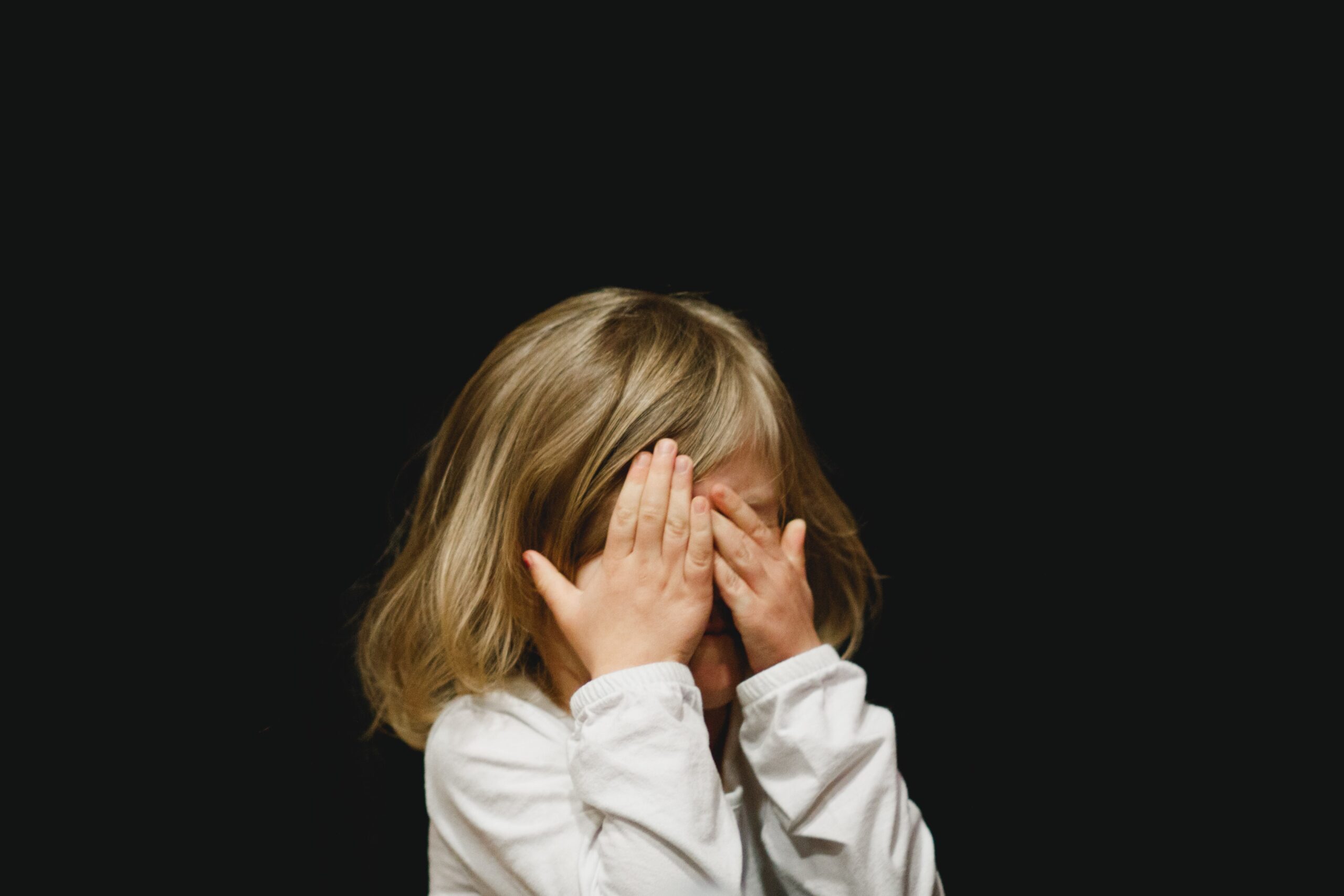
Four-year-old Isabel’s parents, Paul and Zara, were distraught that their daughter often described herself as “bad,” even on occasion saying, “I hate myself.” She quickly accepted blame when something went wrong. They worried that she was depressed. For our first visit, I met with Paul and Zara without Isabel to give them a safe space to tell their story. When I opened with, “Start wherever you’d like,” Isabel’s mother took the lead while Paul sat quietly, his body language communicating a kind of awkwardness and disconnection, as if he felt he didn’t really belong.
Yet when I took advantage of a pause in Zara’s story to address him directly with a question, he relaxed and opened up. He seemed relieved to have the opportunity to share his feelings and experience. He told me the following story. When Paul misbehaved as a child, his father would slap him across the face, berating him for being, “an embarrassment to the family.” He shared vivid memories, accompanied by deep feelings of shame and humiliation, of being grabbed by the ear and dragged away from family gatherings. While Paul deeply resented the treatment he had received, he saw his father as wounded by his own trauma as a war veteran, an experience he rarely spoke of and that kept him seeming cold and distant.
Now a father himself, with no other model for discipline, Paul found himself repeating the same pattern with his own daughter. “What’s wrong with you?” he would shout. Her frequent meltdowns, the reason for the visit with me, precipitated not only yelling and commands of “Go to your room” but also such statements as “Why can’t you be more like your baby brother?” At first he surprised himself by talking so openly about his past. Rarely, he told me, did he have a chance to talk about his feelings in this way. He recognized that our conversation gave him a new way to understand his ongoing conflicts with his daughter.
Zara then added that Isabel, temperamentally more like her mother than her father, was very sensitive and easily disorganized, a quality she displayed since birth, in contrast to her “easy” baby brother. The conversation paused as we gazed at 3-month-old Carlos. I noted his relaxed body posture in a state of deep sleep in his mother’s arms. Into the silence Zara’s own sadness emerged as she recalled feelings of helplessness and shame caring for her fussy and often inconsolable first baby.
Both parents acknowledged deep conflict over discipline. Zara grew up in a home that, unlike Paul’s, had little discipline. “But” she said, “I was “good girl,” so it wasn’t a problem. Now Paul frequently blamed Isabel’s behavior on Zara’s lax discipline, leading to an atmosphere of tension in the home, aggravated by the chronic sleep deprivation accompanying the arrival of a newborn.
Guilt can be a normal and healthy emotional experience. “I’m guilty” can also mean “I’m responsible.” Shame, in contrast is always pathological, and can have destructive effects on emotional development. But without an opportunity to hear the family story, it is impossible to distinguish between the two. Knowing Paul’s story, we can understand it as a kind of intergenerational transmission of shame. Isabel’s sad feelings and expressions of low self-esteem were a communication of distress at an environment of rage, directed both at her and between her parents. One can understand her behavior not as an illness but as an adaptive effort to change the situation.
Once Paul had an opportunity to identify the source of his behavior in his own history, he felt heard and understood, and so was better able to listen to his daughter. He saw not only the flaws in the discipline he had received and inadvertently copied, but also how his approach was particularly difficult for Isabel, given her sensitive nature. Zara and Paul appreciated how their own conflict, even when they tried to keep it from their children, raised the level of tension in the home. In the normal frenzy of activity that occurs in a household with a new baby, they had no time or space to reflect on these problems. With the multiple layers of the story revealed, relationships could begin to heal.
Prevention does not lie in teaching Isabel and her parents to “manage her behavior.” This approach represents a devaluing of the healing power of human connection. Promoting early relational health must include opportunity for discovering meaning. It calls for what I name “playing in the uncertainty.” It involves not a “how to” approach but rather a way of being that allows for sitting in the discomfort of not knowing where we’re headed. It calls for listening with an intentional suspension of expectations and a willingness to be surprised.

No comment yet, add your voice below!